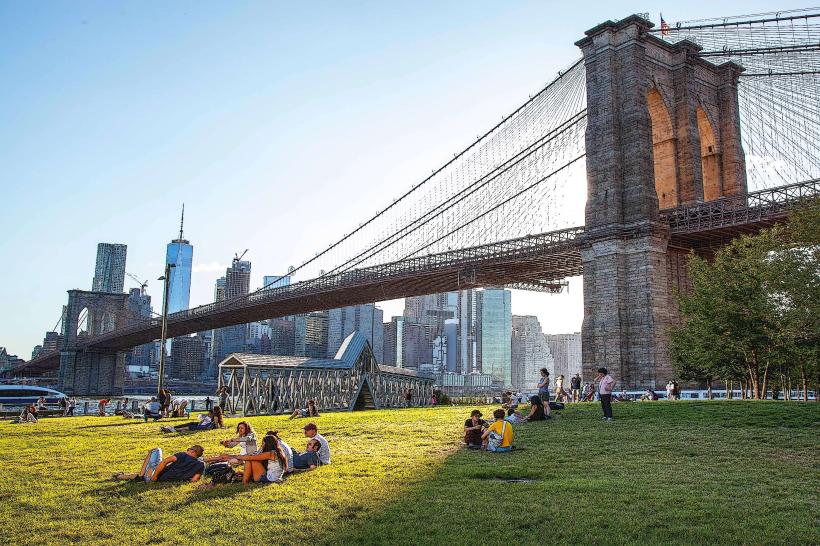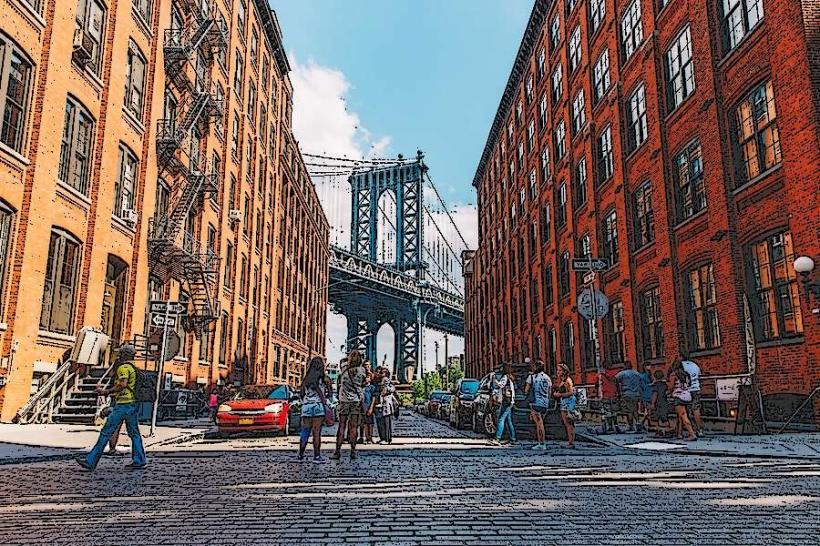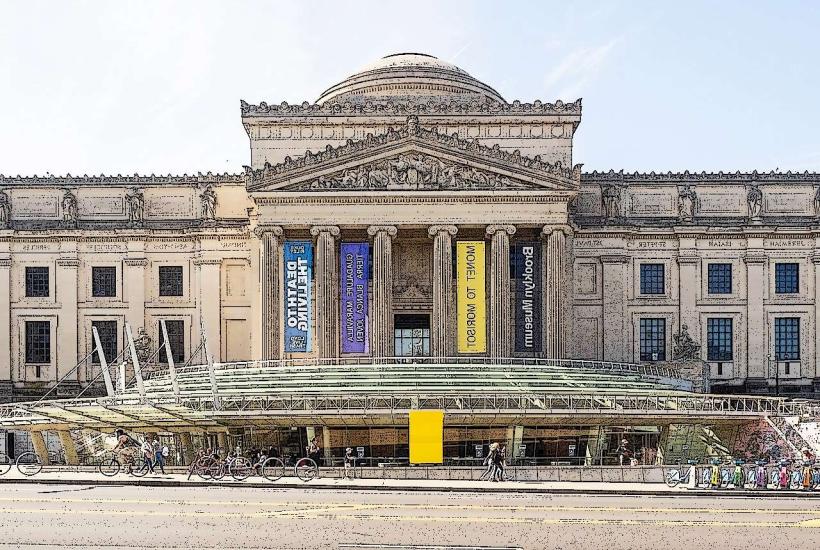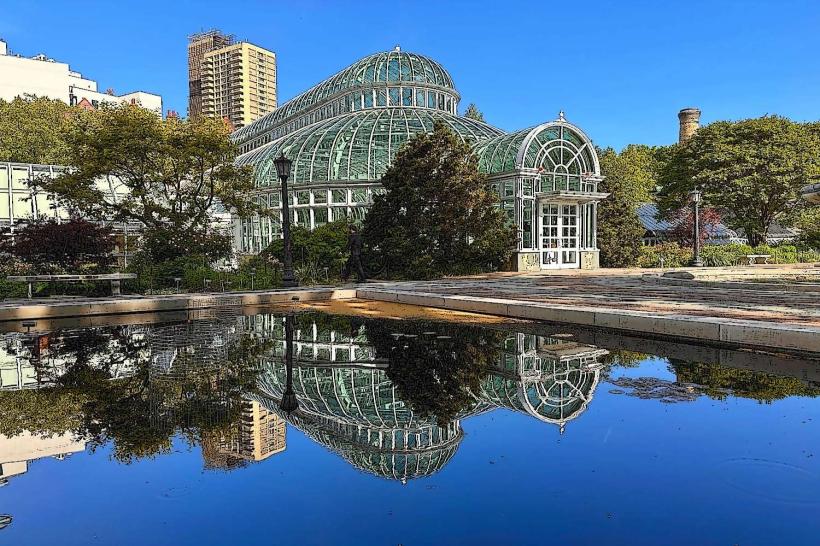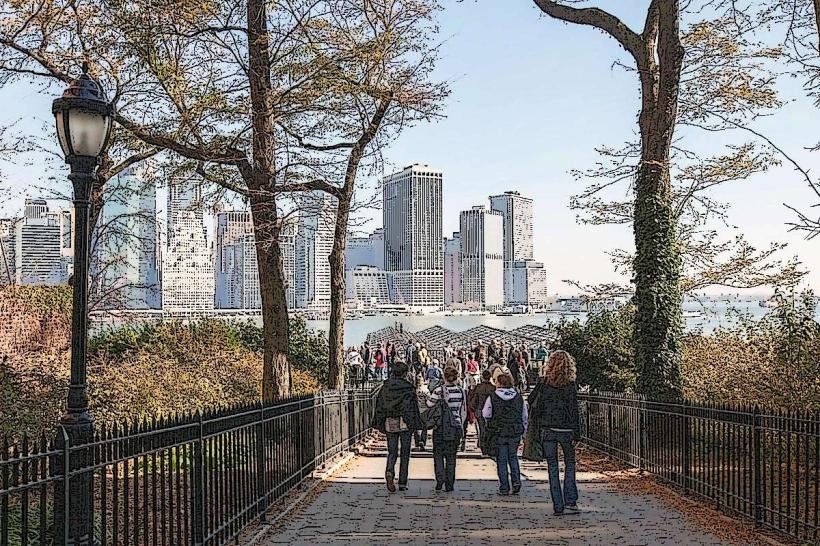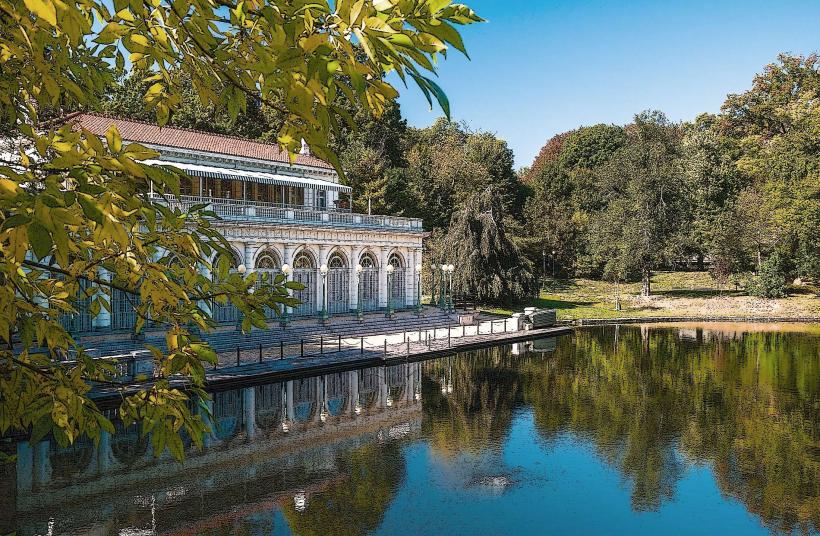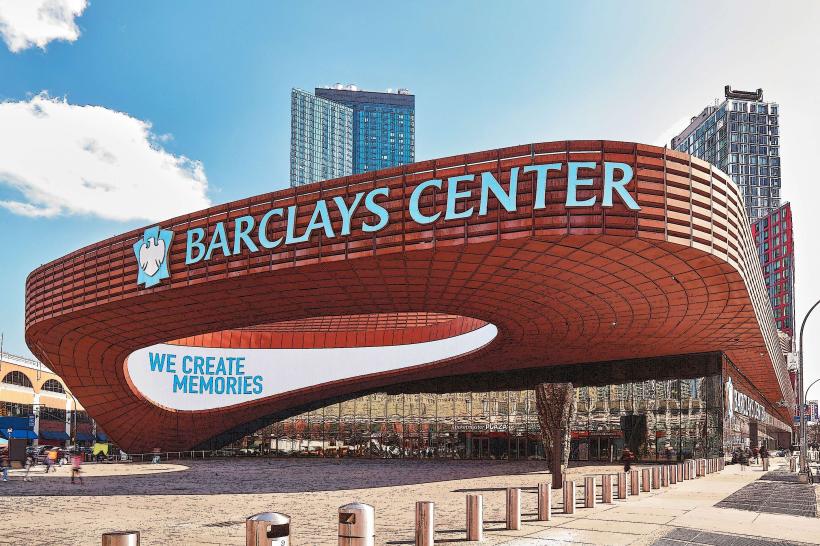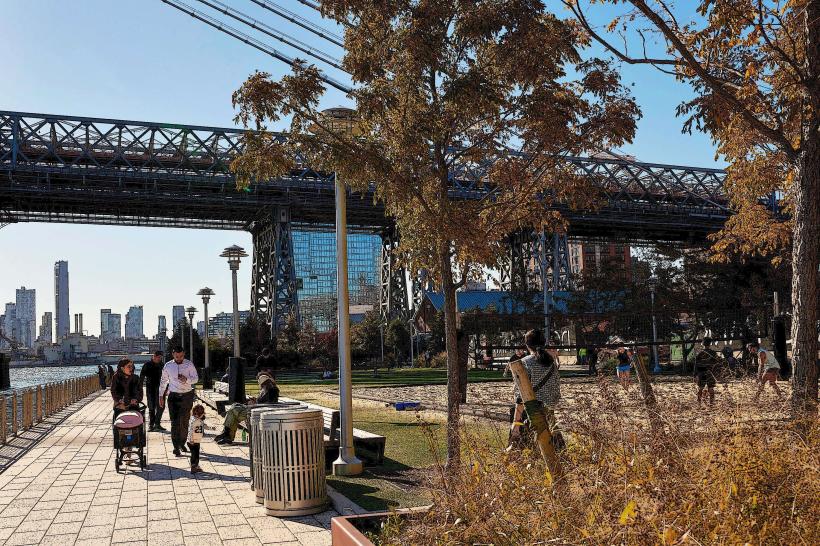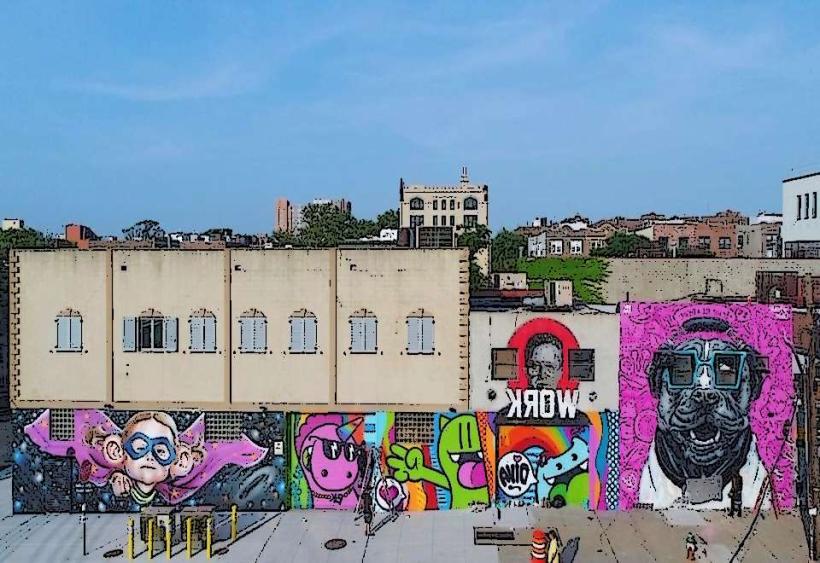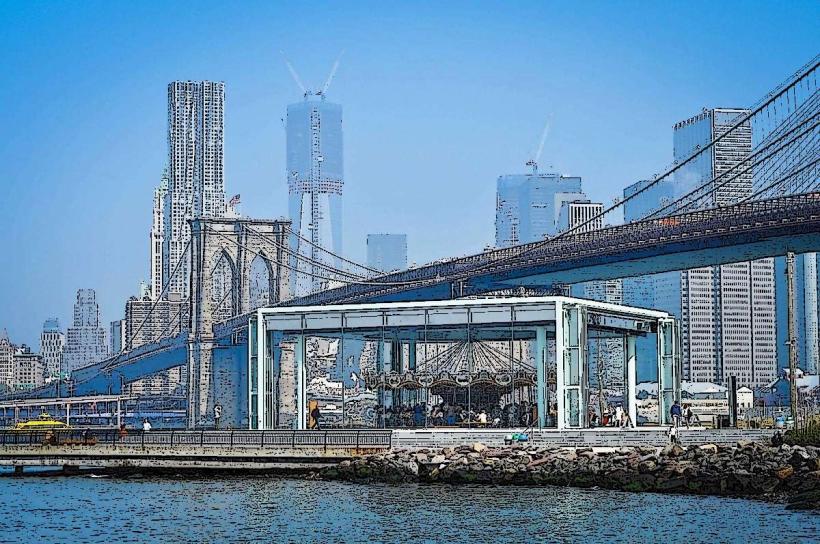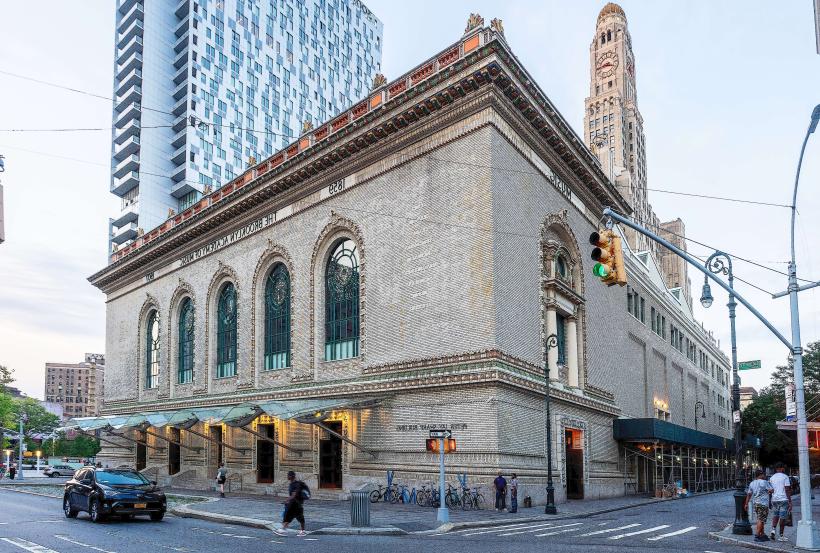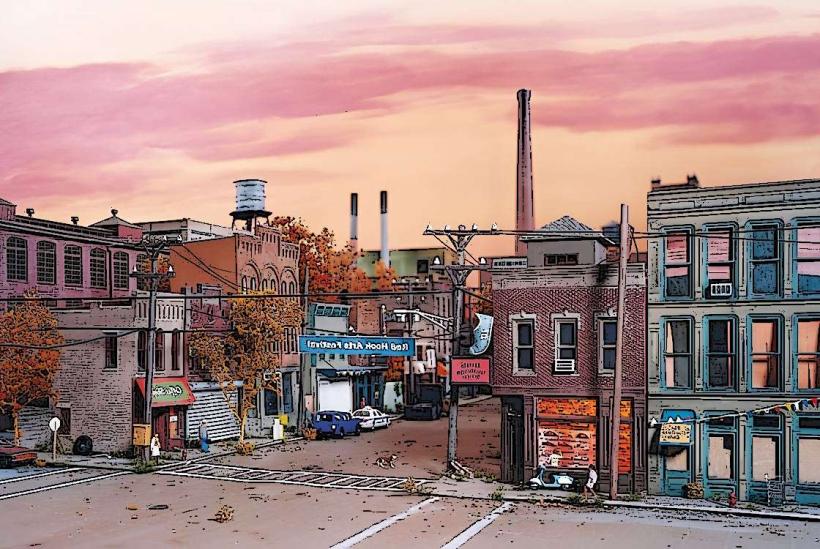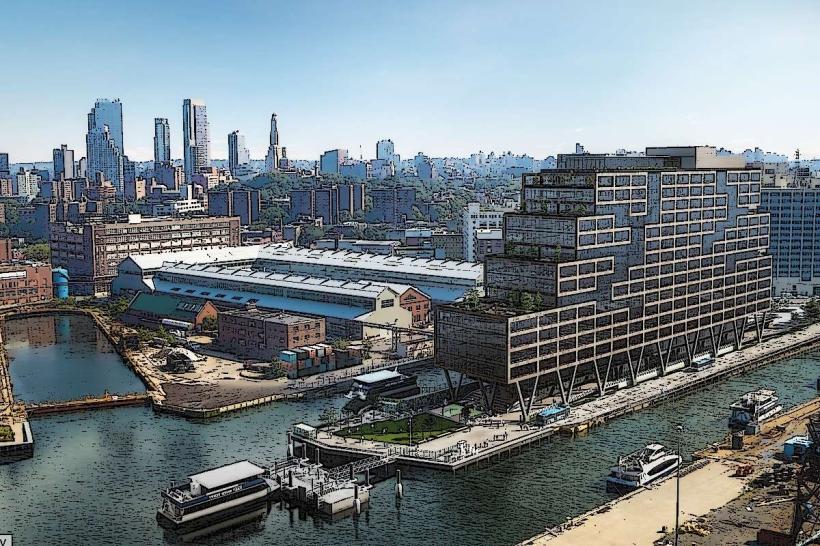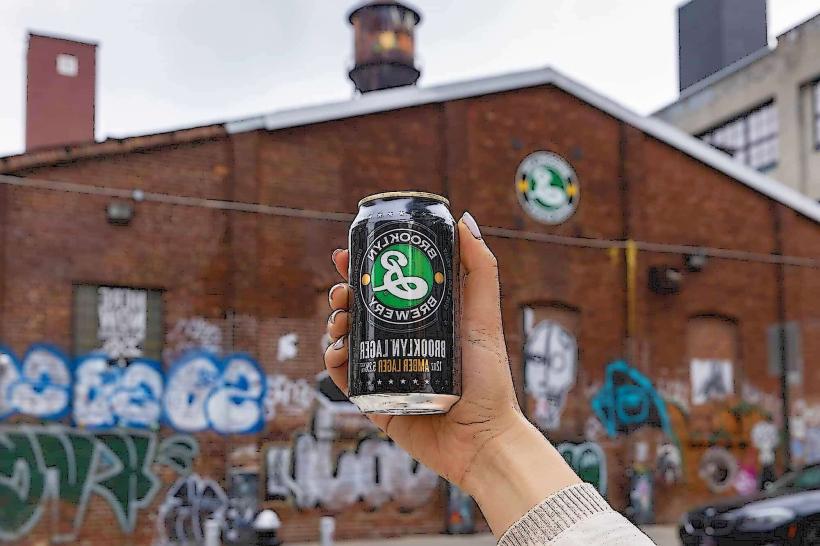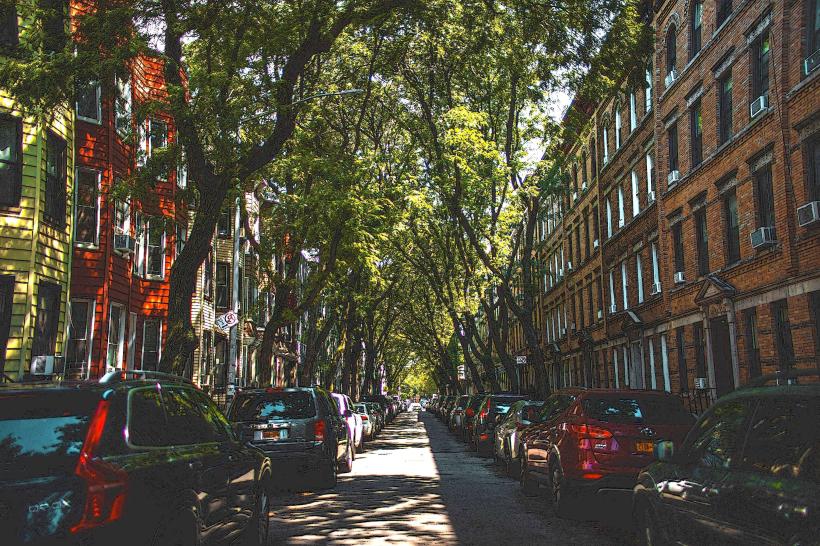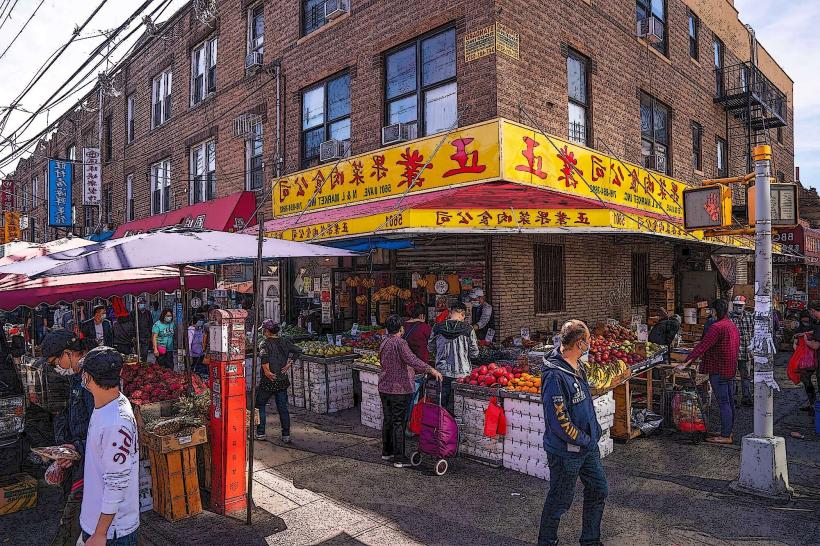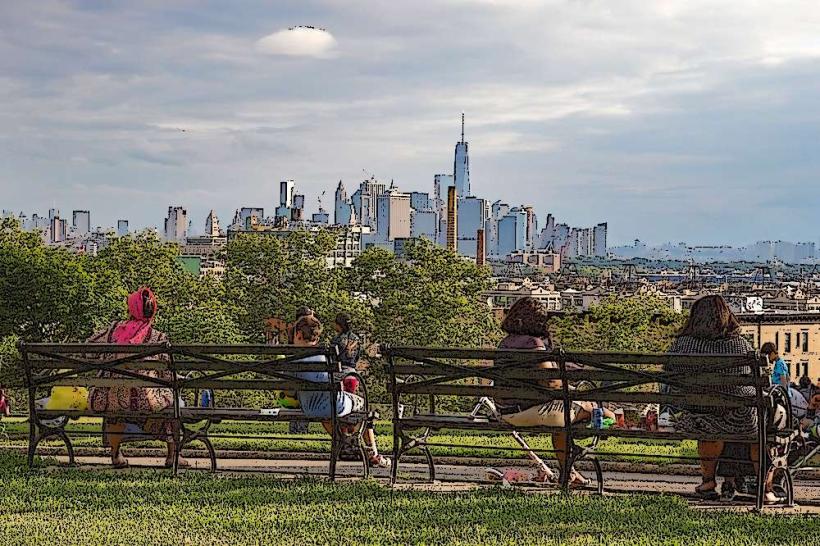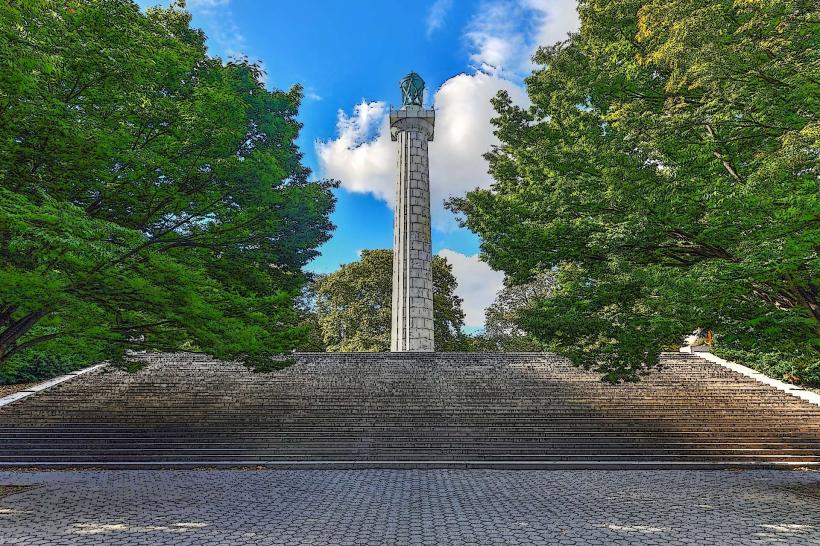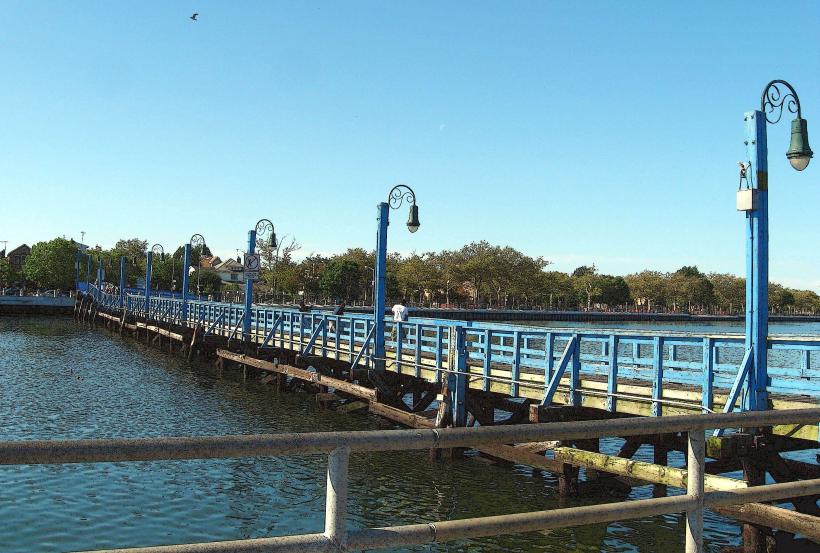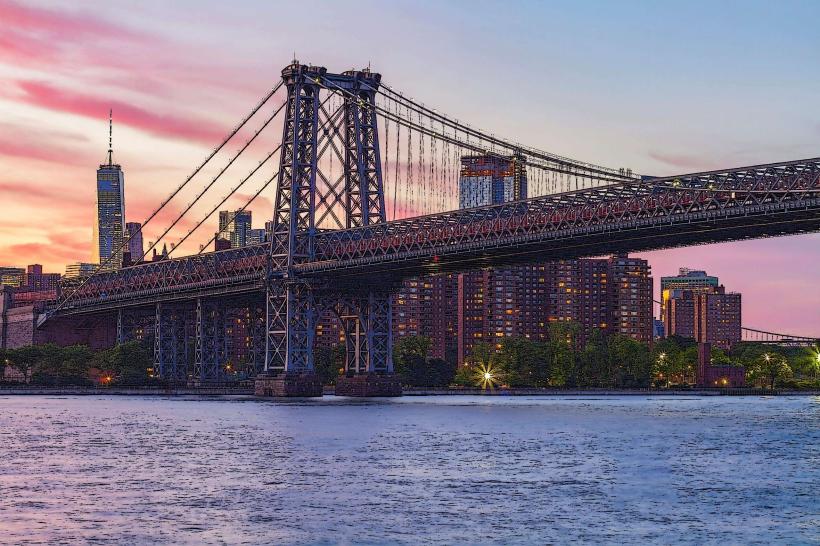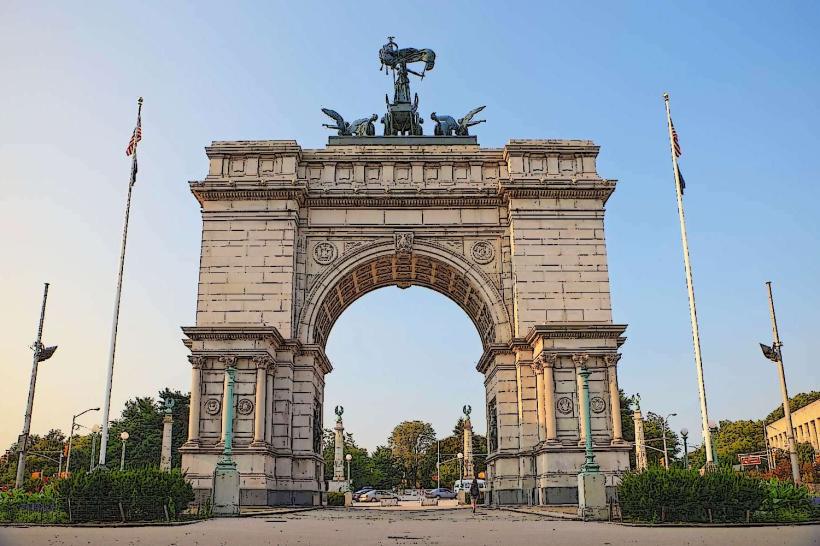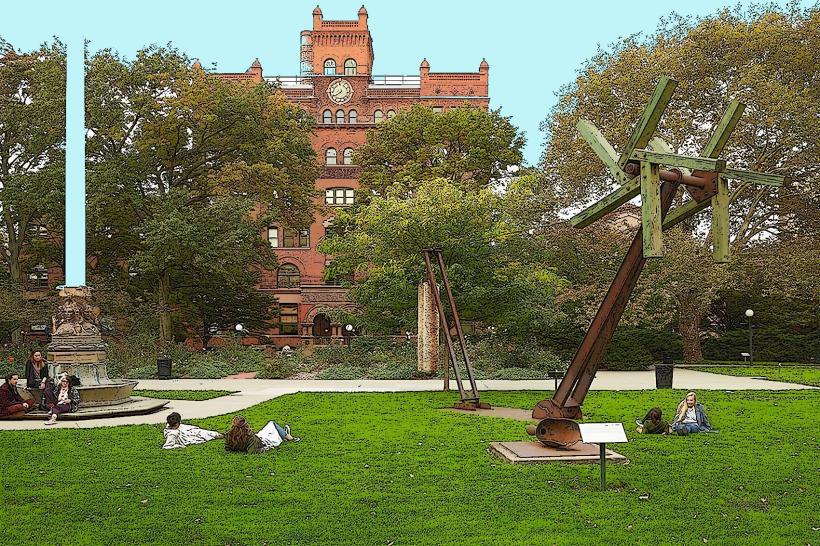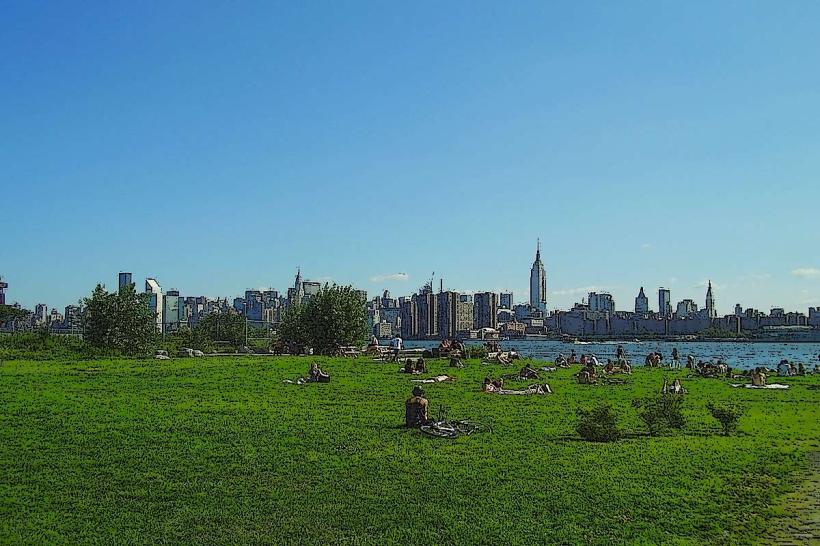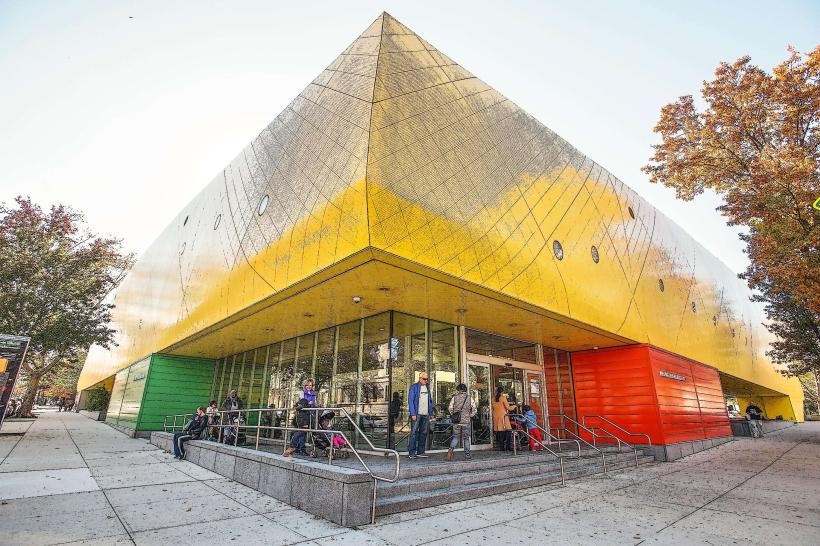Information
Landmark: Coney IslandCity: Brooklyn
Country: USA New York
Continent: North America
Coney Island, Brooklyn, USA New York, North America
Coney Island is a historic seaside neighborhood and entertainment district located in the southern part of Brooklyn, New York City. Known for its boardwalk, amusement parks, beach, and iconic attractions, Coney Island has played a central role in American popular culture for over a century. It blends nostalgia, urban grit, and family fun, drawing millions of visitors every year.
1. Geographical Location
Coney Island is situated on a peninsula in southwest Brooklyn, bordered by:
South: Atlantic Ocean
North: Gravesend
East: Brighton Beach and Manhattan Beach
West: Sea Gate (a private gated community)
Although once an actual island, it became connected to the mainland by landfill and development in the 20th century.
2. Historical Background
17th–19th Century: Originally settled by the Dutch, the name “Coney” likely comes from the Dutch word konijn (rabbit), referencing the once-abundant wild rabbits in the area. By the 1800s, Coney Island began to evolve from a quiet coastal outpost into a popular beach retreat for New Yorkers.
Late 19th–Early 20th Century: This was Coney Island’s golden era. It became the world’s first and most famous amusement destination:
Steeplechase Park (1897)
Luna Park (1903)
Dreamland (1904)
Mid-20th Century Decline: After World War II, Coney Island suffered from neglect, competition with suburban recreation, crime, and urban decay. Amusement parks closed and the neighborhood fell into economic hardship.
21st Century Revival: Over the past two decades, Coney Island has undergone major redevelopment. New rides, businesses, and residential buildings have revitalized the area, while efforts to preserve its historic character continue.
3. Attractions and Landmarks
Luna Park (Modern)
A modern amusement park opened in 2010, named after the original Luna Park.
Features thrill rides like the Thunderbolt roller coaster, Sling Shot, and classic family rides.
Coney Island Cyclone
An iconic wooden roller coaster opened in 1927.
Landmark status; one of the oldest coasters still in operation in the U.S.
Famous for its steep drops and rough ride, a must-ride for thrill-seekers.
Wonder Wheel
A 150-foot-tall Ferris wheel opened in 1920.
Features both stationary and sliding cars.
Located in Deno’s Wonder Wheel Amusement Park, a smaller, family-run amusement area.
Nathan’s Famous
World-renowned hot dog stand founded in 1916 by Polish immigrant Nathan Handwerker.
Hosts the annual Hot Dog Eating Contest every July 4th, a major televised event.
The Boardwalk
Officially called the Riegelmann Boardwalk, it stretches for 2.7 miles along the beach.
Built in 1923, it connects Coney Island to Brighton Beach and is perfect for strolling, cycling, or people-watching.
New York Aquarium
Oldest continually operating aquarium in the U.S., located at the eastern end of the boardwalk.
Features marine exhibits including sharks, sea otters, and conservation displays.
Coney Island Beach
A wide sandy beach along the Atlantic Ocean.
Free and open to the public, popular for sunbathing, swimming, and volleyball in the summer.
Coney Island Museum
Small local museum preserving the neighborhood’s rich cultural and amusement history.
Offers quirky exhibits and memorabilia from the area's golden era.
4. Events and Culture
Mermaid Parade: An eccentric, colorful summer parade celebrating art and mythology. Thousands dress in elaborate aquatic-themed costumes. It's one of NYC’s most iconic local parades.
Coney Island Film Festival: Celebrates independent cinema with a focus on offbeat and local storytelling.
Summer Fireworks: Weekly fireworks shows light up the beach and boardwalk on Friday nights during the summer.
Circus Sideshows: The Coney Island USA nonprofit still hosts traditional sideshows (e.g., sword swallowers, fire eaters) with a modern twist.
5. Demographics and Neighborhood Life
Coney Island is not just a tourist attraction-it’s a diverse residential neighborhood. It has:
Large public housing developments
Russian, Ukrainian, Caribbean, and Latino communities
Active community organizations working to improve safety, infrastructure, and economic opportunities
6. Transportation
Subway Access: The D, F, N, and Q lines terminate at Coney Island–Stillwell Avenue, one of the largest elevated subway stations in the world.
Bus Routes: Several MTA bus lines serve the area.
Car Access: Via Belt Parkway and local streets.
7. Urban Development & Controversy
Redevelopment Plans: Major investments have been made in recent years, with new housing complexes, hotels, and amusement expansions.
Gentrification Concerns: Long-term residents have raised concerns about rising rents, displacement, and loss of Coney Island’s gritty charm.
Preservation Efforts: Landmark designations have helped protect key historical sites like the Cyclone and Wonder Wheel.
8. In Popular Culture
Coney Island has been featured in countless films, songs, and literature:
Movies: The Warriors (1979), Requiem for a Dream (2000), Brooklyn (2015)
TV Shows: Mr. Robot, Boardwalk Empire
Music: Lou Reed’s “Coney Island Baby”, Taylor Swift’s “Coney Island”
Literature: Works by Joseph Heller, Paul Auster, and more
Coney Island today is a fascinating mixture of past and present-where vintage carnival rides meet flashy new attractions, and the legacy of American leisure culture still lives on. Whether you’re in it for the thrills, the beach, the hot dogs, or the history, it remains one of the most iconic and resilient parts of New York City.

